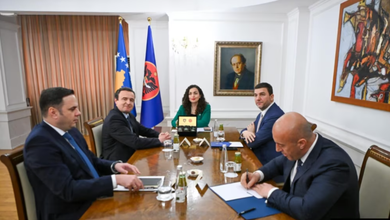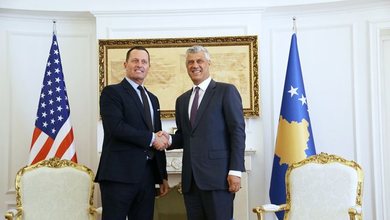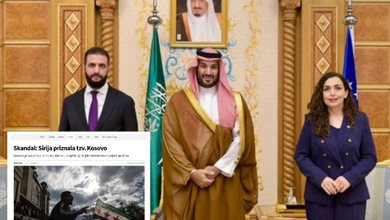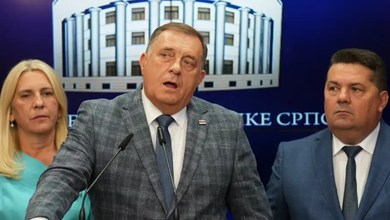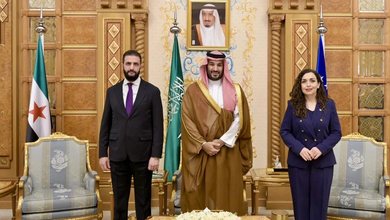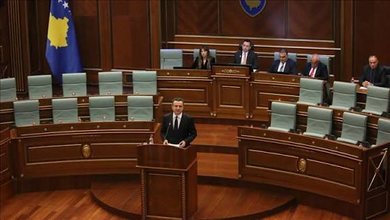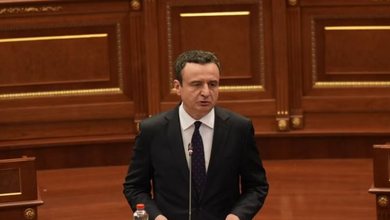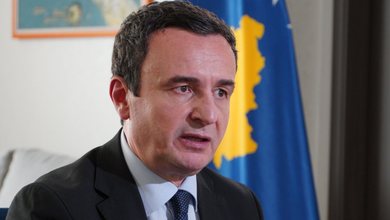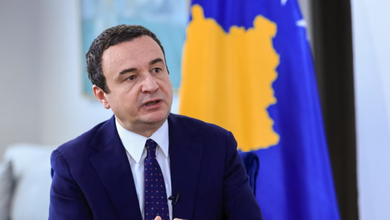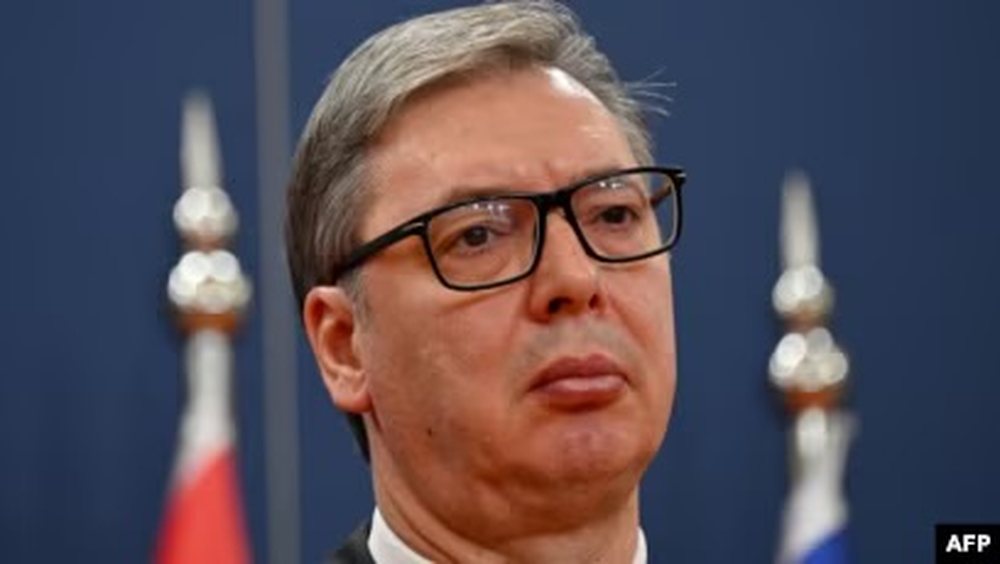
"It is now clear how important Bashar al-Assad's liberal approach was while he was at the helm of Syria, and it is also clear when someone comes who is under the great influence of one of the main countries in the region, such as Turkey," Vučić said during a press conference.
Vučić added that in Syria "they take orders and act according to orders" and said that Serbia will have something "to make them happy with," but did not clarify what that meant.
Syria recognized Kosovo's independence on October 29, officials from both countries announced.
During her stay in Riyadh, the President of Kosovo, Vjosa Osmani, announced that the agreement for the recognition of Kosovo by Syria was reached with the support of the Crown Prince of Saudi Arabia, Muhammed bin Salman Al Saud.
Syria, a country in the Middle East, has improved relations with Western countries after the overthrow of President Bashar al-Assad in December 2024, during an offensive led by the Islamist group Hayat Tahrir al-Sham (HTS).
Since January of this year, the country has been led by Ahmed al-Sharaa, who led opposition fighters in overthrowing Assad, ending his family's five-decade rule.
Vučić also said on October 30 that he sees "the same style as last year's Antalya" in Syria's recognition of Kosovo.
Sudan, a country in northeastern Africa, recognized Kosovo's independence in April 2025.
In a video together with Sudanese Foreign Minister Ali Yousuf al-Sharif at the Diplomatic Forum in Antalya, Turkey, Kosovo President Vjosa Osmani said that he had informed her of Sudan's decision to recognize Kosovo and establish relations between the two countries.
Syria becomes the third country to recognize Kosovo's independence this year, after Sudan and Kenya.
Serbia has reacted sharply to the recent recognitions of Kosovo, as Belgrade still considers Kosovo part of it, 17 years after its declaration of independence.
Since declaring independence, Kosovo has been recognized by 120 countries around the world./ REL


